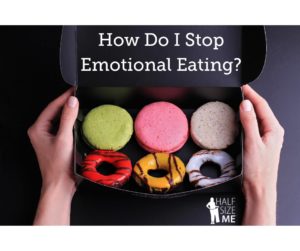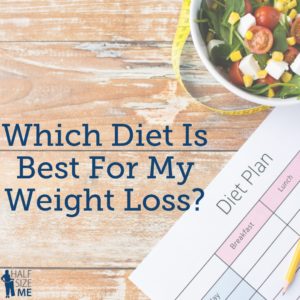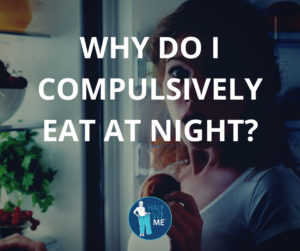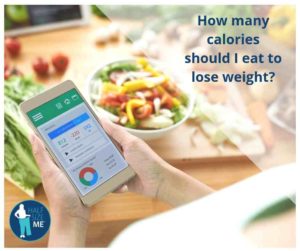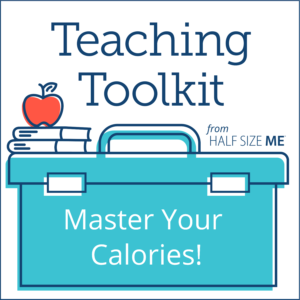 Everything—trends, diet programs, fashion—happens in cycles and waves.
Everything—trends, diet programs, fashion—happens in cycles and waves.
As I write this, it’s popular to give up on the goal of weight loss. The current message is that if you love yourself, you will not diet or attempt to lose weight. I understand the sentiment, but I disagree with the conclusion.
When I set out on my own weight loss journey, it was from a place of love. However, it wasn’t a love of myself or my body. At that point in my journey, I didn’t love my body or myself. It’s sad, but true.
Actually, the love that helped start my journey was the love of the life I wanted to live— love of my future self. It grew from the love I had for my children. I knew the kind of mom I wanted to be and at over 300 pounds, I was limited in what I could do with my kids.
But instead of approaching my weight loss from a place of harshness and unrealistic expectations, like all of my past attempts, I was finally willing to start from a place of love and patience.
I committed to do nothing drastic, or painful, or unsustainable. I would only change things that I really believed I could do forever without resentment. And this simple shift in my approach was full of love and self-compassion.
All of my earlier attempts were about punishing myself to reach the goal, no matter what. I was super restrictive. I didn’t allow myself treats. I’d beat myself up, and withhold food to make up for perceived mistakes.
This last (and final) time losing weight, however, I decided to be kind. To make smaller changes. To find the middle ground between wanting to lose weight and treating myself with respect.
A Parent’s Love
I see losing weight and building healthy habits as a type of parental love. I love my kids, so I don’t allow them to do whatever they want, whenever they want. My husband and I have created healthy boundaries around computer time and treats. We encourage good habits like daily movement. These types of boundaries aren’t to punish. They come from a place of love.
People thrive when some boundaries are in place. When we are allowed to do whatever we want, whenever we want, it doesn’t lead to a balanced life. For example, consider college students who are finally on their own as legal adults. They explore their new limits. Many will gain weight, abuse alcohol, try drugs, stay up too late, or party excessively. Of course, not all do this, but many do.
It is totally normal to test our limits. But as we mature, we realize we can’t continue to live that way.
If you want to actually make progress in your life—financially, physically, emotionally—you actually have to work at it. This realization and the establishment of healthy boundaries is an act of parental love—for yourself.
It’s unrealistic and unkind to expect perfection and immediate change from yourself. But what if you start from a place of love, looking at your current habits and behaviors?
Are you treating yourself with love?
Do you have healthy boundaries?
Think like a parent. Would you let your kids or pets eat whatever they want, whenever they want? Would you let them not do their homework because they don’t feel like it? Would you let them wear the same clothes every day because they don’t feel like taking a shower?
You need the same loving boundaries that kids and pets need. Boundaries like:
- setting limits (but not bans) on treats
- planning nutritious meals to help you perform your best all day
- taking time to cook for yourself
- getting enough sleep so you can thrive the next day
- knowing what you need to feel pleasure or happiness, and
- making sure your needs are met so you don’t get burned out
A successful balance between weight loss and self-love is consistently doing a little something every day so you make a little bit of progress. This will lead to big changes.
Focus on treating your body with love and respect by feeding it well, giving it enough rest, and caring for your emotional needs.
You can have both weight loss and self-love.
You can build a weight-loss approach that combines and balances self-love and the desire to change your body. But you need to slowly build in healthy habits and loving parental boundaries with yourself.
If you find this idea challenging and you need more help with it, please check out my Stop Dieting and Start Losing coaching cast. I will work with you to start building these healthy habits and a loving relationship with yourself.
